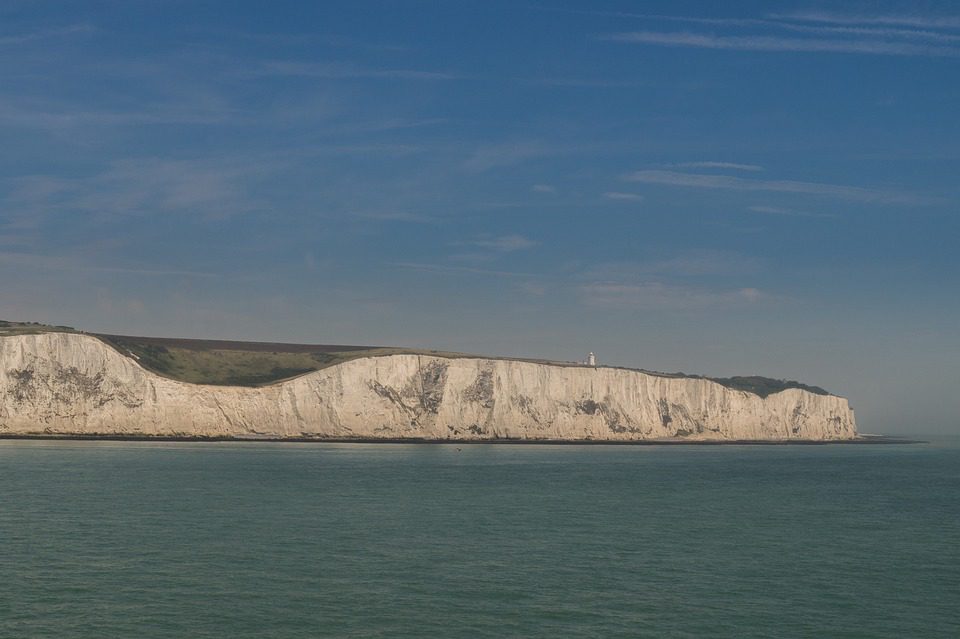
Four people drowned in the English Channel in the early morning of Wednesday, December 14th. A dinghy laden with about 50 people, including children, which had set out from the French coast got into trouble midway across the Channel. When the dinghy started to ship water and capsized, a call for help was made at 2:59 a.m. to Utopia 56, an NGO.
A recording of the distress call heard them plead, “Hello brother. We are in a boat, and we have a problem. We have children and a family in a boat. Water is coming in, but we don’t have anything for it, for feeling safety [sic].”
The tragedy could have been far worse. Skipper Raymond on board the British fishing boat The Arcturus was woken up at 3:00 a.m. by cries for help. The crew came alongside and helped 31 people aboard. A search for the remaining shipwrecked continued during the day, eventually rescuing a total of 40 people. The asylum seekers from Iraq, Afghanistan, India, and Senegal had each paid £5,000 (€5,800) to traffickers for the journey.
A year ago, a dinghy set off from Dunkirk with 27 people. It also capsized and all on board drowned. The main reason for migrants or asylum seekers to risk crossing the Channel is that if they came in via a formal route, such as an airport, they would be deported immediately.
The motivations of self-identified ‘asylum seekers’ vary. Many are genuinely fleeing war or persecution, some facing persecution for being LGBT. However, most are economic migrants who are seeking a better life. Dutch Vice President of the European Community Frans Timmermans, speaking in 2016, admitted 6 out of 10 migrants came to Europe for ‘economic reasons’ and are not refugees.
So far, 44,000 Channel asylum seekers have arrived in Britain this year. Britain is a popular destination for a number of reasons. First, the welfare state and care supply generous benefits. Most asylum seekers are initially put up in comfortable hotels, many in four-star establishments. They get three meals a day, pocket money of £40.85 a week, and healthcare financed by taxpayers. If their application is successful, they are then given an apartment, or, if a family, a house.
Another lure is that Britain is the most accepting of asylum claims. The ‘refusal rate’ has dropped from 80% in 2004 to now 23%. Because it takes the average immigration office nearly a week to research a claim, some of the migrants are now being waved through without investigation. Even those whose asylum applications are declined are not deported and retain the £40.85 allowance.
In Britain, the key political issue is immigration. Prime minister Rishi Sunak is languishing in the polls and on the day before the boat accident announced new measures to tackle immigration. Those who choose an illegal route, Sunak said,
will be detained and swiftly returned either to [their] home country or a safe country where [their] asylum claim will be considered.
The most decisive change to policy is the immediate return of asylum seekers from Albania, which is a member of NATO and an EU Accession country. About 50% of Albanians are today granted asylum, mainly because they claim they have been ‘trafficked,’ under the 2015 Slavery Act.
Many look upon Britain as having a ‘soft touch’ when it comes to migrants. Most asylum seekers are even picked up halfway across the English Channel by the government’s Border Force and the charity Royal National Lifeboat Institute (RNLI). Unless the situation is addressed, with a generous welfare state and a low chance of being deported, more tragedies can be expected.
